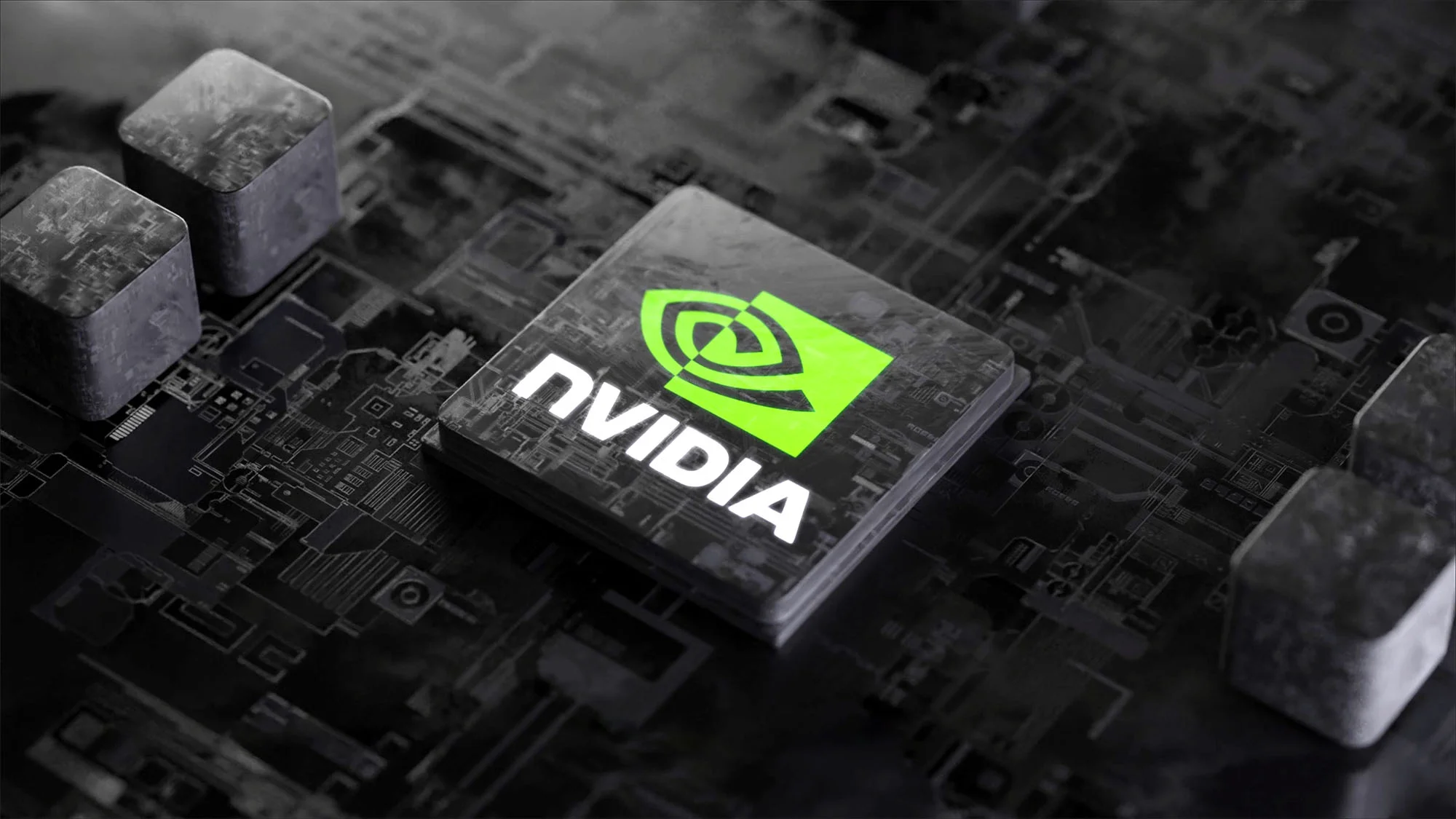Nvidia Rides AI Boom to Record Revenue, Eyes Strong 2025 Growth
27.02.2025 8:00 2 min. read Alexander Zdravkov
Nvidia continues to dominate the AI hardware market, delivering fourth-quarter earnings that exceeded expectations and setting an optimistic outlook for the months ahead.
The company’s revenue reached $39.33 billion, outperforming projections, while its forecast for the first quarter suggests continued momentum, with an estimated $43 billion in revenue. Despite slowing growth compared to last year’s explosive expansion, Nvidia remains confident in its trajectory.
A key driver of this success is the surging demand for AI processors, particularly the company’s next-generation Blackwell chips. CFO Colette Kress highlighted that Blackwell is experiencing the fastest adoption in Nvidia’s history, with major cloud providers fueling sales. The data center division, which now accounts for 91% of total revenue, saw a staggering 93% annual growth, bringing in $35.6 billion.
CEO Jensen Huang dismissed concerns about competition from custom AI chips developed by major tech firms, emphasizing that designing a chip is not the same as deploying it at scale. He also noted that emerging AI models with deeper reasoning capabilities could significantly increase demand for Nvidia’s processors, potentially requiring up to 100 times more computing power.
While AI remains Nvidia’s primary growth engine, other business segments showed mixed results. Gaming revenue fell 11% year-over-year to $2.5 billion, missing expectations, while automotive chip sales more than doubled to $570 million. Meanwhile, Nvidia invested heavily in share buybacks, spending $33.7 billion to reinforce investor confidence.
As AI technology evolves, Nvidia is positioning itself as the industry’s backbone, betting on its advanced chips to drive future growth and maintain its competitive edge.
-
1
Here is Why the Fed May Cut Rates Earlier Than Expected, According to Goldman Sachs
08.07.2025 15:00 2 min. read -
2
What Brian Armstrong’s New Stats Reveal About Institutional Crypto Growth
29.06.2025 15:00 2 min. read -
3
Donald Trump Signs “One Big Beautiful Bill”: How It Can Reshape the Crypto Market
05.07.2025 9:56 2 min. read -
4
Market Odds of a U.S. Recession in 2025 Drop in Half Since May
05.07.2025 18:30 2 min. read -
5
Toncoin Launches UAE Golden Visa Program Through $100,000 Staking Offer
06.07.2025 12:04 2 min. read
U.S. Public Pension Giant Boosts Palantir and Strategy Holdings in Q2
According to a report by Barron’s, the Ohio Public Employees Retirement System (OPERS) made notable adjustments to its portfolio in Q2 2025, significantly increasing exposure to Palantir and Strategy while cutting back on Lyft.
Key Crypto Events to Watch in the Next Months
As crypto markets gain momentum heading into the second half of 2025, a series of pivotal regulatory and macroeconomic events are poised to shape sentiment, liquidity, and price action across the space.
Here is Why Stablecoins Are Booming, According to Tether CEO
In a recent interview with Bankless, Tether CEO Paolo Ardoino shed light on the growing adoption of stablecoins like USDT, linking their rise to global economic instability and shifting generational dynamics.
U.S. Dollar Comes Onchain as GENIUS Act Ushers in Digital Era
In a statement that marks a major policy shift, U.S. Treasury Secretary Scott Bessent confirmed that blockchain technologies will play a central role in the future of American payments, with the U.S. dollar officially moving “onchain.”
-
1
Here is Why the Fed May Cut Rates Earlier Than Expected, According to Goldman Sachs
08.07.2025 15:00 2 min. read -
2
What Brian Armstrong’s New Stats Reveal About Institutional Crypto Growth
29.06.2025 15:00 2 min. read -
3
Donald Trump Signs “One Big Beautiful Bill”: How It Can Reshape the Crypto Market
05.07.2025 9:56 2 min. read -
4
Market Odds of a U.S. Recession in 2025 Drop in Half Since May
05.07.2025 18:30 2 min. read -
5
Toncoin Launches UAE Golden Visa Program Through $100,000 Staking Offer
06.07.2025 12:04 2 min. read


